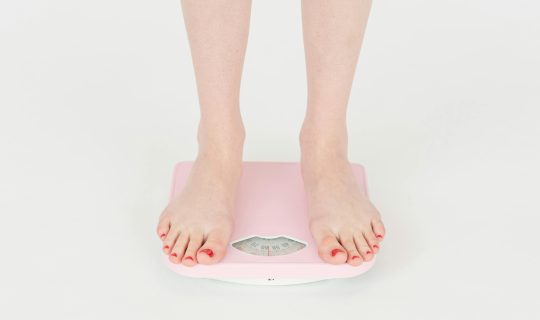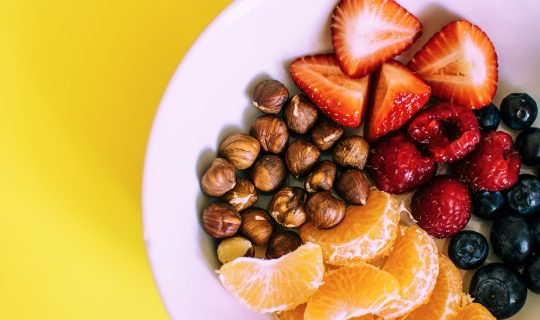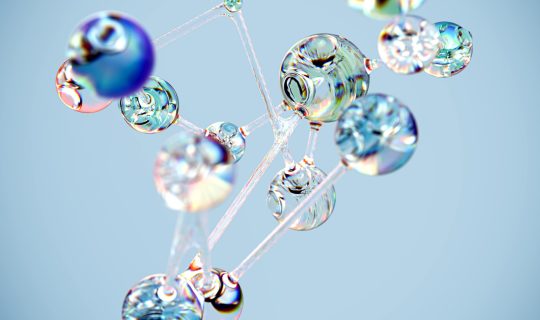Ozempic, Wegovy and other GLP-1 agonists — often referred to as weight loss jabs — have become almost impossible to ignore. They’re widely promoted for appetite control, weight loss and improved blood sugar regulation, and for many busy women they seem like a welcome shortcut when trying to lose some extra weight (not discussing here…
Top 5 Vitamins For Energy
by Lucia Stansbie
Back from holiday and already in need of another break?
In order to produce energy our body needs essential nutrients from its main fuel – the food we eat!
B vitamins are involved in energy production, helping nutrients being converted into energy at a cellular level. B vitamins are water soluble, meaning our body has little reserves and they need to be introduced regularly from our food. Low levels of those vitamins can hinder energy production and slow us down
Make sure to include foods which are sources B vitamins for a positive impact on overall health and energy levels.
B1 (Thiamine)
Crucial in carbohydrate metabolism, is used in the cells for energy production from carbs – the body preferred fuel. Is also needed for impulse conduction in the nervous system.
Be aware that alcohol intake inhibits the absorption of vitamin B1, so make sure to up your intake if drinking.
Food sources: Sunflower seeds, navy beans, black beans, barley, pinto beans, lentils and oats.
B2 (Riboflavin)
Another vitamin needed as a co-factor for cellular energy production, not only from carbohydrates but also from proteins and fats. This vitamin is also used by the liver for detoxification metabolism. Alcohol and caffeine can inhibit absorption, as well as high levels of zinc and copper (usually due to unneeded supplementation).
Food sources: Soybeans, spinach, greens beets, tempeh, natural yogurt, eggs, asparagus, almonds, beef liver and turkey.
B3 (Niacin)
B3 is involved in energy production from carbohydrates and fats, as well as being involved in insulin response and thyroid hormones production. Our body can synthesize B3 from tryptophan in the liver to then distribute it to all body tissues, but if the diet is low of this essential amino acid or too high in the amino acid leucine there is a risk of B3 deficiency.
Food sources: Tuna, chicken, turkey, salmon, lamb, beef, sardines, peanuts, shrimp, brown rice.
B5 (Pantothenic Acid)
Found in most food sources, is a vitamin part of the energy molecule produced by cellular metabolism and is involved in the production of adrenal hormones, essential to cope with stress. B5 deficiency is associated with fatigue, low resistance to stress and acne.
Food sources: Shiitake mushrooms, avocado, sweet potato, crimini mushrooms, lentils, dried peas, chicken, turkey, natural yoghurt, broccoli
B6 (Pyridoxine)
B6 is needed to break down liver glycogen reserves into glucose, the cells favourite fuel for energy production. B6 is also needed to convert tryptophan into B3. Although deficiency is unknown, B6 insufficiency is thought to be widespread in developed countries. Foods can lose their B6 content when heated.
Food sources: Spinach, banana, sunflower seeds, potato, sweet potato, salmon, chicken, beef, turkey, tuna, purple fruits.
A varied diet with plenty of wholefoods can help preventing vitamins insufficiency and deficiency – this is why cutting out food groups and specific foods without a reason can lead to negative outcomes. Vitamin and mineral balance in the body is also very important, and for this reason supplementing nutrients without a professional supervision can alter this balance and do more harm than good.



